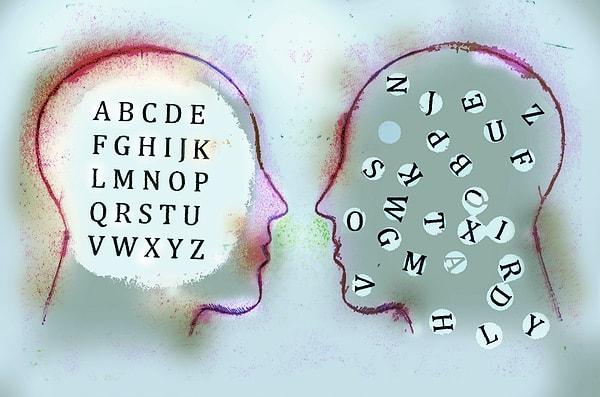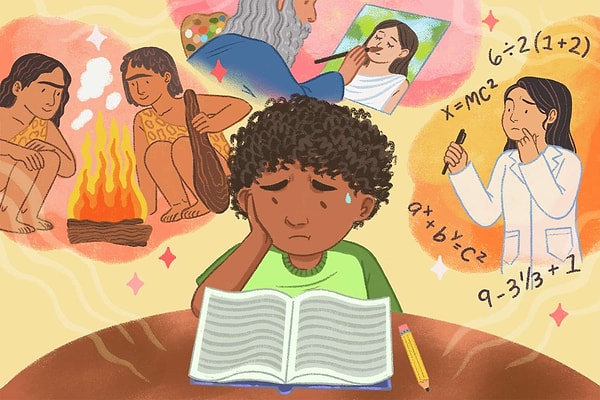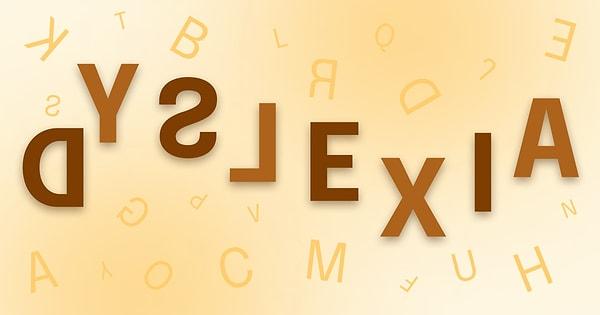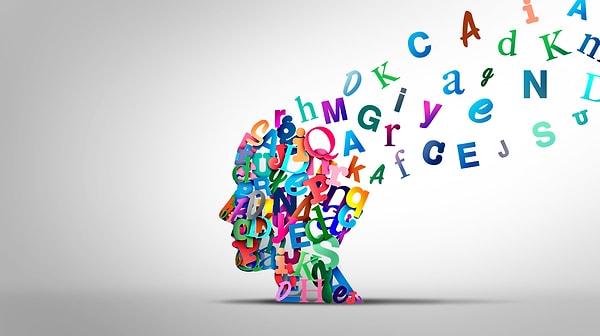What is Dyslexia: The Complex World of Reading Differences
Dyslexia is a neurodevelopmental condition that affects millions of people worldwide. It is characterized by difficulties in learning to read, write, and spell, despite having average or above-average intelligence. While dyslexia is relatively common, it is often misunderstood, misdiagnosed, or overlooked. In this comprehensive guide, we will delve deep into the world of dyslexia, exploring its definition, causes, symptoms, diagnosis, and most importantly, the strategies and support available for individuals with dyslexia to thrive academically and in life.
1. What is Dyslexia?

Dyslexia is a neurodevelopmental condition characterized by difficulties in reading, writing, and spelling. It's essential to understand that dyslexia is not related to a person's intelligence or motivation. Instead, it involves challenges in the way the brain processes language. Dyslexia is a lifelong condition, and while it may present hurdles, with the right support, individuals can thrive.
2. Recognizing Dyslexia: Signs and Symptoms

Recognizing dyslexia in its early stages is crucial for effective intervention. Signs and symptoms can appear in preschool and continue into adulthood. These may include difficulty in rhyming, recognizing letters and their corresponding sounds, decoding words, and spelling. Children with dyslexia may struggle with learning to read and might avoid reading activities.
3. Diagnosis and Assessment

Diagnosing dyslexia involves a comprehensive assessment conducted by trained professionals. Typically, a neuropsychological evaluation is used to identify the specific areas of difficulty. The process may include interviews, standardized tests, and a review of the individual's educational and medical history. A formal diagnosis is essential for accessing support and accommodations, especially in educational settings.
4. Navigating the Educational Journey

This section will focus on the challenges students with dyslexia face in schools. We'll discuss various educational strategies, accommodations, and the importance of supportive educators and parents.
5. Life with Dyslexia: Adulthood and Beyond

Dyslexia doesn't disappear after school. Here, we'll delve into the experiences of dyslexic individuals in adulthood, addressing challenges they may face in higher education and the workplace.
This section is dedicated to debunking common myths and misconceptions about dyslexia. It will also emphasize the importance of raising awareness and advocating for those with dyslexia to create a more inclusive society.
6. Debunking Myths and Promoting Awareness

This final section aims to debunk common myths and misconceptions about dyslexia. Some of these myths include the belief that dyslexia is only about reversing letters, that it can be outgrown, or that it's a sign of low intelligence. Promoting awareness and understanding is key to creating a more inclusive society. Advocacy and educational initiatives can lead to better support and opportunities for those with dyslexia, emphasizing their strengths and abilities.
Keşfet ile ziyaret ettiğin tüm kategorileri tek akışta gör!


Send Comment